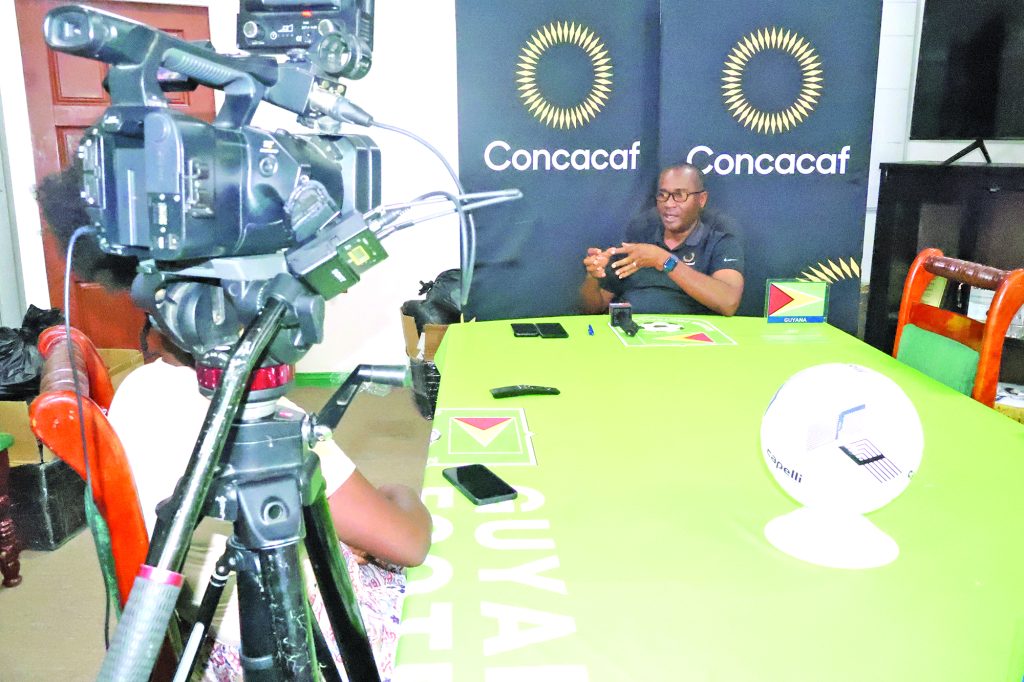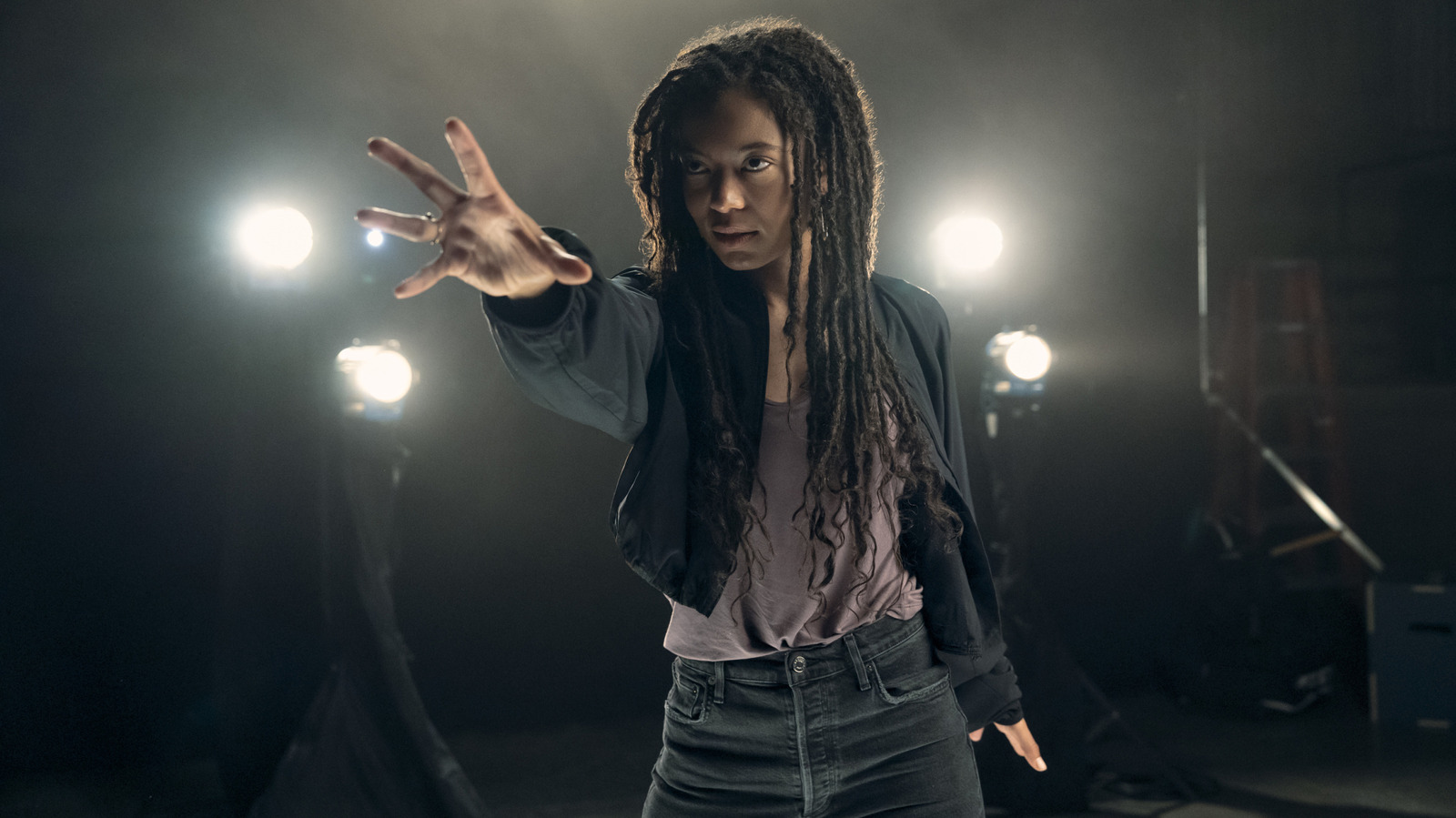Copyright newstatesman

After weeks of conjecture and conspiracy theories swirling around Westminster, we now know precisely why prosecutors decided to drop their case against two British men accused of spying for China. Christopher Berry, a teacher and researcher who was previously based in China, and Christopher Cash, a former parliamentary researcher, were arrested in March 2023 under the Official Secrets Act. In April 2024 they were charged with espionage offences, accused of gathering and providing information to China. Both men have always maintained their innocence, pleading not guilty in October 2024. But in September the Crown Prosecution Service (CPS) announced that the evidence it had gathered did not meet the threshold to go to trial. The case fell apart. Explaining that decision to parliament’s joint committee on the national security strategy on Monday (27 October), Stephen Parkinson, the director of public prosecutions, said he was not there to assign “blame”, before making clear where, exactly, he believed that blame should lie. In order to pursue a case against Berry and Cash under the Official Secrets Act, Parkinson told MPs, the prosecution needed to be able to show that China was an “active threat to national security” at the time of the alleged offences, which Parkinson initially assumed would be “relatively easily” obtained. But after 14 months attempting to get that evidence from a key government witness, deputy national security adviser Matthew Collins, “in the end it proved to be a sticking point.” Seated alongside Parkinson, Tom Little KC, who was the lead prosecutor on the case, put it more bluntly. Despite repeated efforts by the prosecution over many months, he said, Collins failed to answer the “million dollar question” as to whether China was an “active threat to national security”. He said that once Collins declined to use those words, “the prosecution was effectively unsustainable”. “That would have been disclosable, and it brought the case effectively to a crashing halt as far as that was concerned with that witness, who is the deputy national security adviser to the cabinet,” he said. One of the key questions surrounding this case in recent weeks has been why the prosecution did not seek evidence from other government officials or expert witnesses if Collins’ testimony was deemed insufficient. Ken McCallum, the director of MI5, for instance, has warned of the state-based threats the UK faces from Russia, Iran and China. Asked earlier this month whether Chinese state actors presented a threat to national security, he replied: “Yes they do, every day.” Yet Parkinson and Little both argued that this was not a realistic option. “He was my witness,” Little said of Collins. “I couldn’t cross-examine my witness in a criminal trial. Nor could I bring other witnesses to impugn my witness.” Such a scenario would have “looked awful”, the KC argued, and it would have been “open season for the defence.” Instead, prosecutors persevered with Collins, making it clear to him as recently as 9 September, Parkinson said, that the case “could not proceed because he was unable to give the positive answer that had been sought.” Little said he had “looked the witness [Collins] in the eyes” during a crucial meeting before concluding that the government was not prepared to label China a threat. “The effect of that meeting was terminal,” he said. Matthew Collins was up next, flanked by the cabinet secretary, Chris Wormald, who appeared to be playing the role of quintessential British civil servant, leather briefcase in hand, politely intervening at intervals to try to shield Collins from some of the more accusatory questions. Collins professed himself “disappointed” and “a bit surprised” that the case had collapsed, but he insisted he had done as much as he could to support the prosecution. “In all of my statements, what I was trying to do was demonstrate ways that China poses threats to our national security,” Collins said. “What I didn’t do was to define or label China as a threat in a generic term. But what I did try to do is to demonstrate the full range, that there were a range of national security threats to the United Kingdom.” Collins’ three witness statements – submitted in December 2023, February and August 2025 – appear to bear out this claim. It is true that he does not explicitly label China a “threat to UK national security” at any point, but he does describe the “active espionage threat” the country poses to the UK, how Beijing is “targeting democratic institutions and parliamentarians as part of large-scale espionage campaigns,” “malicious cyber activity” by Chinese state-linked groups, and he calls China the “biggest state-based threat to the UK’s economic security”. Emily Thornberry, who is a former human rights barrister, had pressed Parkinson on this point – reading aloud from one of Collins’ witness statements, in which he describes the “active espionage threat” from China. “That sounds like a threat to me!” she told him, insisting that he should have put the question to a jury to decide. “You should have just gone ahead and prosecuted it.” Parkinson replied that she was using too “expansive” a definition of the key terms, arguing that he had needed more evidence to substantiate that case, which Collins had been unable to provide. Collins, who generally operates behind the scenes at Westminster and looked distinctly uncomfortable to find himself at the centre of attention, did clear up some other important issues during the hearing. Asked whether he had discussed the case with Jonathan Powell, Keir Starmer’s national security adviser, he said he had informed him of the prosecution when he first took on the role, and that he would be a witness, but he was unequivocal in his insistence that they have not discussed the details of the case since. A much-discussed meeting in Whitehall on 1 September, which was chaired by Powell, was merely to discuss “different scenarios” for how the case might play out “and how they would be handled,” Wormald said. (There had been some insinuation that Powell had sought to scupper the case as the UK seeks stronger trading ties with Beijing.) There were “four lawyers” in the room during that meeting who made sure there was no discussion of the evidence in the case, Wormald explained. Similarly, Collins was clear that no current government officials had “pushed” him to include, or exclude, any details from his witness statements. Then prime minister Rishi Sunak had read his first witness statement in December 2023, he said, but after receiving legal advice that he should not share his witness statements with others, his subsequent statements were confined to a small team that included legal advisers. He insisted that he had taken the decision himself to remove the term “enemy” from an initial draft of his first witness statement, which had been prepared by junior officials, because he understood that his evidence needed to conform to government policy. Neither the previous Conservative government under Sunak nor the current one under Starmer has designated China an “enemy.” Collins also clarified that he had included a reference to Labour’s “three Cs” policy on China – co-operate, compete, and challenge – in his third witness statement at the direction of counter-terrorism police. “I was asked to include a reference to the new government’s policy… for fear that there would be a wedge driven between my witness statements and the new government’s policy,” Collins explained to MPs. He added that he had not taken the language from Labour’s manifesto, as many had suspected, but from “an answer to a parliamentary question.” By the end of the hearing, the evidence seemed to be trending firmly towards “cock-up rather than conspiracy”, according to Labour MP Andy Slaughter. If there was a deliberate effort by government officials to tank this case and a high-level cover-up designed to conceal secret Labour sympathies for Beijing, as Kemi Badenoch has suggested, there was nothing to support that charge in the two hours of testimony on Monday afternoon. Instead, what was on offer was four grim-faced, middle-aged men in suits, each explaining earnestly how they believed they had done their best to ensure that this case could succeed, while upholding their respective codes of conduct and following the law. There was no smoking gun. No sudden confessions. Alas, the hearings ended much as they had begun, with both prosecutors and the government indicating that the other is to blame, and the collapse of the entire case seeming to rest on differing interpretations of Collins’ words. It is clear now why the CPS decided it could not proceed with the trial, but by no means all members of the committee appeared satisfied with that decision. No, Collins did not use the magic formula “threat to UK national security,” but he did outline a range of threats posed by China. The former Labour cabinet minister Paul Boateng summed up the confusion in a brief exchange towards the end of the hearing. “Is it your view, as a matter of fact, that China’s espionage operations as a country threaten the integrity of our democratic institutions?” he asked. “Yes,” Collins replied. “Is that expression of fact something that ran through all three statements you gave in this case?” Boateng continued. “Yes,” came the response. “Then it is hardly a wonder that you were surprised this prosecution was dropped.” [Further reading: Of course China is a threat]



